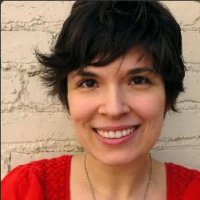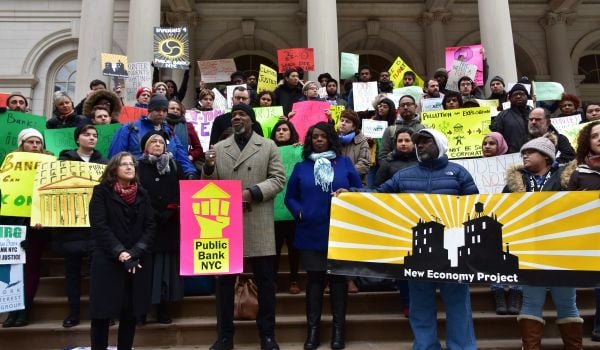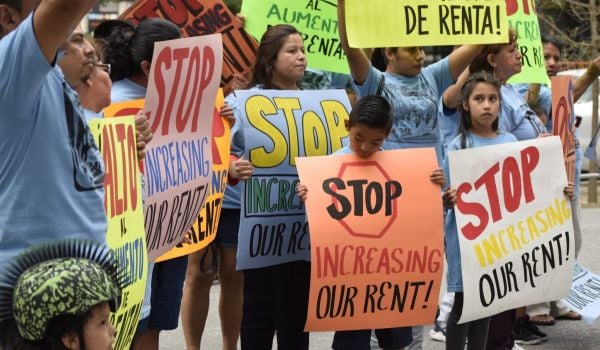Voters in cities across the country approved ballot initiatives that expand or create public campaign financing systems, in an attempt to limit the influence of big donors, Governing reports.
Denver voters passed Measure 2E, with 69 percent of the vote, Denverite said. 2E caps the amount of money candidates can accept from a single donor and bans corporate contributions in exchange for a city-funded match at 9 to 1, the site said. Essentially, that means a $50 donation becomes a $500 donation.
“I think there’s a strong undercurrent of progressive energy in Denver,” Tony Pigford, who is running for City Council in 2019, told Denverite. “I think the city can become a true beacon of truly progressive values.”
Statewide, Colorado Amendment 75 failed to pass, the Denver Post reported. The measure would have loosened the limits on campaign contributions when one wealthy candidate was self-funding, the paper said. It was meant to stop candidates from “buying an election,” former state Sen. Greg Brophy (R) told the Coloradoan. Governor-elect Jared Polis. who spent $19 million of his own money, said he actually supported the amendment but that it “doesn’t really address the core problem in campaign finance, which is that the special interests are still favored.”
Baltimore voters widely supported a measure to create a “Fair Elections Fund,” which would match public funds for small-dollar donations. The city council must design the fund and system to come into effect in time for the 2024 elections, the Baltimore Sun reported.
The cost of running for office in Baltimore has gotten more expensive, the Sun reported in a separate article. In 2016, mayoral candidates spent a total of $9 million in the race, three times as much as in the previous mayoral race. Supporters of the measure say it could help support more women candidates for office.
New York City voters chose to expand its public campaign finance program, lowering contribution limits and boosting matching funds from a 6-1 ratio to an 8-1 ratio. The New York Times endorsed the proposal, saying the changes would “be likely to help blunt the impact of large donations, and encourage more candidates to run for office.” The new changes become optional in 2021 and mandatory in 2022, the Times said.
While not related to public financing, Massachusetts citizens took tentative steps toward overhauling campaign finance rules; Ballot Question 2 creates a citizen commission that will study how to best amend the U.S. Constitution to reduce the role of money in politics, WGBH reported. The commission will also study whether the state can legally regulate corporate campaign contributions even in a post-Citizens United world. According to American Promise, a group focusing on limiting corporate money in politics through a constitutional amendment, 19 states have passed resolutions calling for an amendment; Massachusetts could be the 20th after its commission produces a report.
Finally, citizens of Albuquerque, New Mexico, will be voting on a “Democracy Dollars” initiative before long. As Next City has previously reported, the program would give $25 vouchers to residents to donate to the candidate of their choice in local elections. Organizers collected tens of thousands of signatures to get the measure on the November ballot, but the county board of commissioners voted not to put the initiative on the ballot. Supporters told the county that it was not the commissioners’ job to judge the merits of the question, the Albuquerque Journal said, but commissioners said the county could be taken to court because of the way the question was worded. The group ABQ Democracy Dollars, which is pushing the program, said in a Facebook post that the question may be put to voters “likely [in] Feb 2019.” The initiative is modeled on a similar Seattle program; Austin, Texas also has been considering a similar measure.

Rachel Kaufman is Next City's senior editor, responsible for our daily journalism. She was a longtime Next City freelance writer and editor before coming on staff full-time. She has covered transportation, sustainability, science and tech. Her writing has appeared in Inc., National Geographic News, Scientific American and other outlets.
Follow Rachel .(JavaScript must be enabled to view this email address)
















